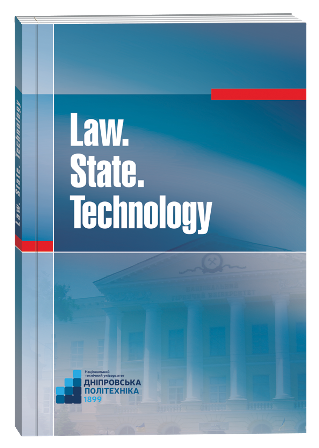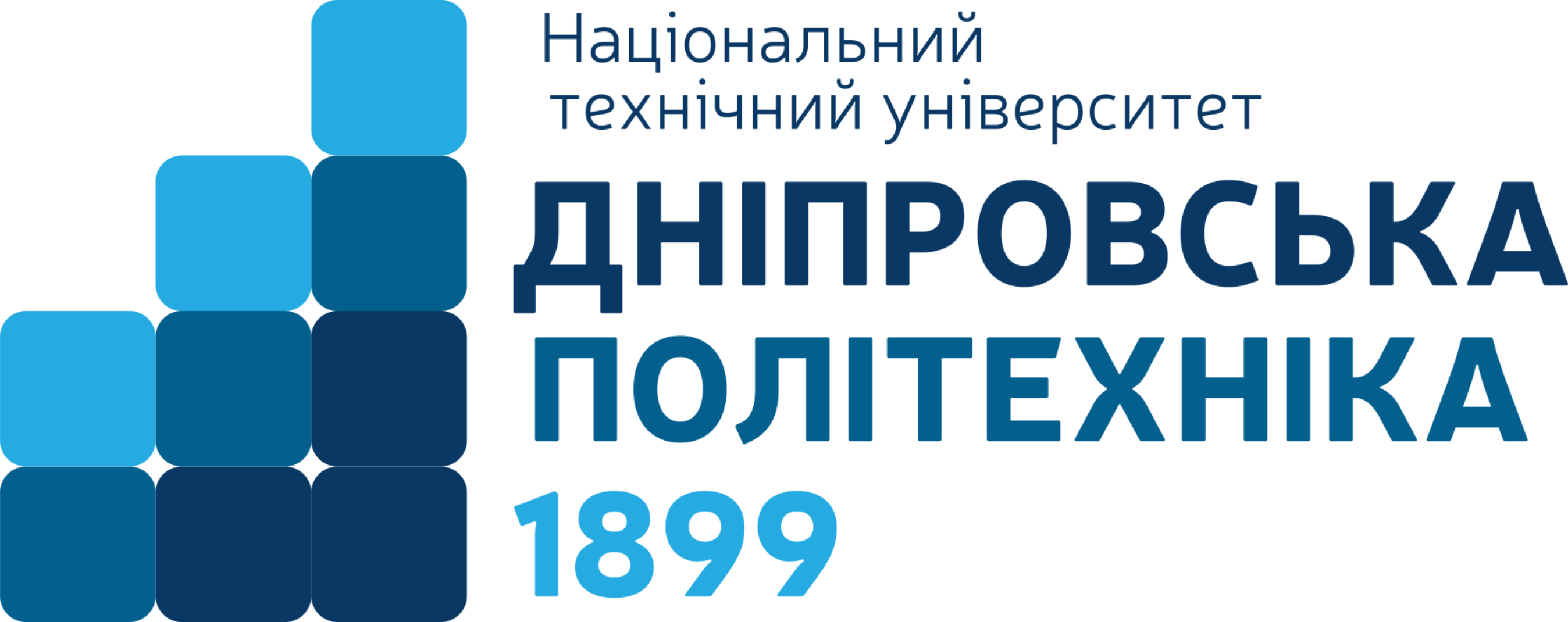COGNITIVE POTENTIAL OF THE PROVISIONS OF JUSNATURALISM FOR THE STUDY OF INTELLECTUAL PROPERTY THROUGH THE PRISM OF ITS VALUE AND LEGAL DIMENSION
DOI:
https://doi.org/10.32782/LST/2021-3-2Keywords:
intellectual property, legal value of intellectual property, methodological basis, jusnaturalism, axiological methodological approach.Abstract
The purpose of the article is to establish the cognitive potential of the provisions of the natural-legal approach to legal understanding for the study of value-legal aspects of intellectual property. The relevance of scientific knowledge of the provisions of the natural-legal approach to legal understanding as a cognitive basis for the study of valuelegal aspects of intellectual property is revealed in the work. It is proved that the provisions of modern types of legal understanding are the cognitive basis of any legal phenomenon or process, determine the strategy and tactics of research, determine the use of methodological tools of research, including the formation of the methodological basis of scientific research of intellectual property. and systems of legal values. The methodological basis of the work is a set of the following components, which include: the principles of scientific knowledge (comprehensiveness, objectivity, publicity, reliability, system, etc.), as a system of cognitive provisions that determine the content of scientific knowledge of jusnaturalism, their cognitive potential, provide its integrity and complexity, the reliability of scientific knowledge, act as the only possible means of providing a scientific basis for research and the growth of new knowledge; methodological approaches (phenomenological, axiological, hermeneutic, etc.), which determine the cognitive strategy of research of the provisions of natural law concept and their significance for the value measurement of intellectual property, provide conceptualization of research results; methods of scientific research (philosophical (worldview), general scientific and special-scientific), the functional capabilities of which are aimed at studying specific cognitive aspects of the provisions of the natural-legal concept of legal understanding. The scientific novelty of the study is due to the fact that the article is a modern scientific study, which identifies and describes the cognitive potential of the provisions of natural law understanding of law for the study of intellectual property as part of legal values. The study substantiates a set of conclusions, which found that the provisions of the natural law concept of the right to understand will contribute to: 1) the characteristics of intellectual property as a result of human realization of their natural rights to intellectual activity, which acquires legal status; 2) the disclosure of the limits of the manifestation of intellectual property through the prism of the realization of freedom by each individual to carry out intellectual activity; 3) the study of intellectual property as an objectively determined phenomenon that is a manifestation of human natural abilities to intellectual activity, etc.
References
Нерсесянц В.С. Философия права : учебник. Москва : Норма, 2005. 656 с.
Рабінович П.М. Деякі сучасні концепції права в Росії та Україні (у світлі потребового праворозуміння). Філософія права і загальна теорія права. 2013. № 1. С. 152–155. URL: http://nbuv.gov.ua/j-pdf/ filpr_2013_1_15.pdf.
Четвернин В.А. Введение в курс общей теории права и государства : учебное пособие. Москва : Институт государства и права РАН, 2003. 204 с.
Право и общество: от конфликта к консенсусу : монография / И.Л. Честнов и др. ; под общ. ред. В.П. Сальникова, Р.А. Ромашова. Санкт-Петербург : Санкт-Петербургский ун-т МВД России, 2004. 479 с.
Козюбра Н.И. Понятие и структура методологи юридической науки. Методологические проблемы юридической науки. Киев : Наукова думка, 1990. 136 с.
Козюбра М.І. Праворозуміння: поняття, типи та рівні. Право України. 2010. № 4. С. 10–21.
Тарнас Р. Христианское мировоззрение / пер. с англ. Т.А. Азаркович. Москва : КРОН-ПРЕСС, 1995. 448 с.
Поляков А.В. Общая теория права: проблемы интерпретации в контексте коммуникативного похода : учебник. Санкт-Петербург : Изд. дом С.-Петерб. гос. ун-та, 2004. 863 с.
Графський В.Г. Интегральная (синтезированная) юриспруденция. Правоведение. 2000. № 3. С. 49–64.








